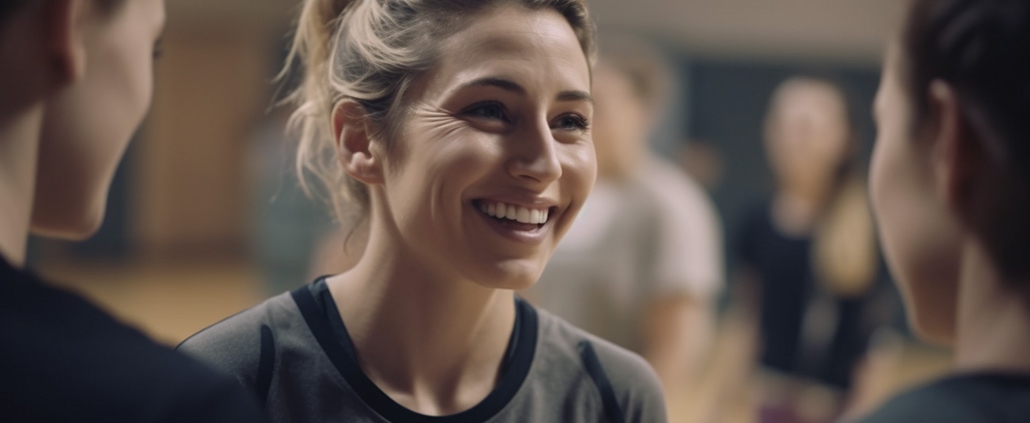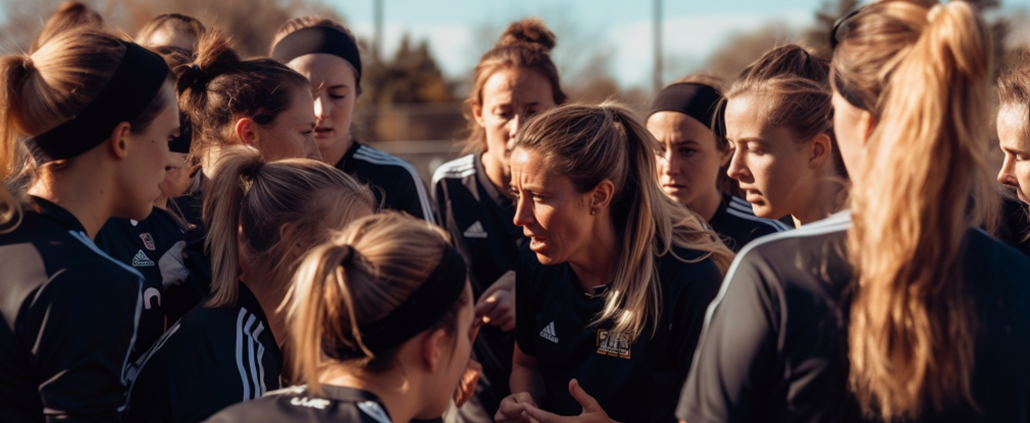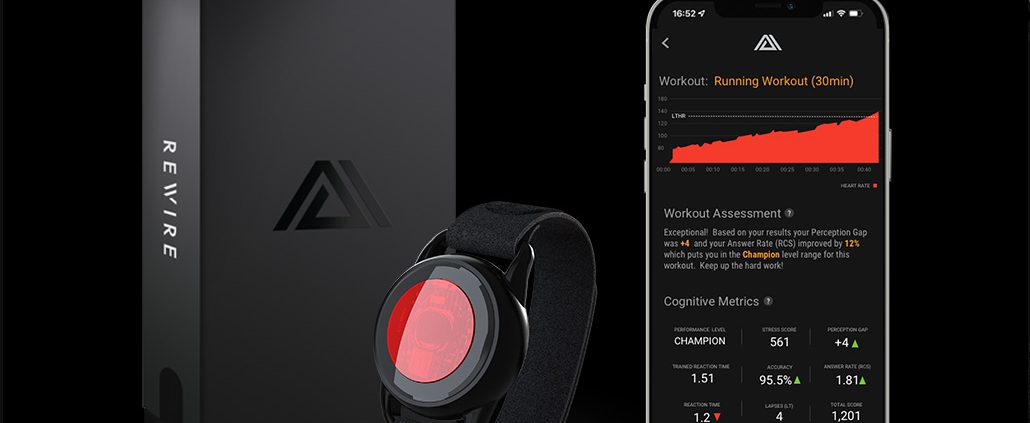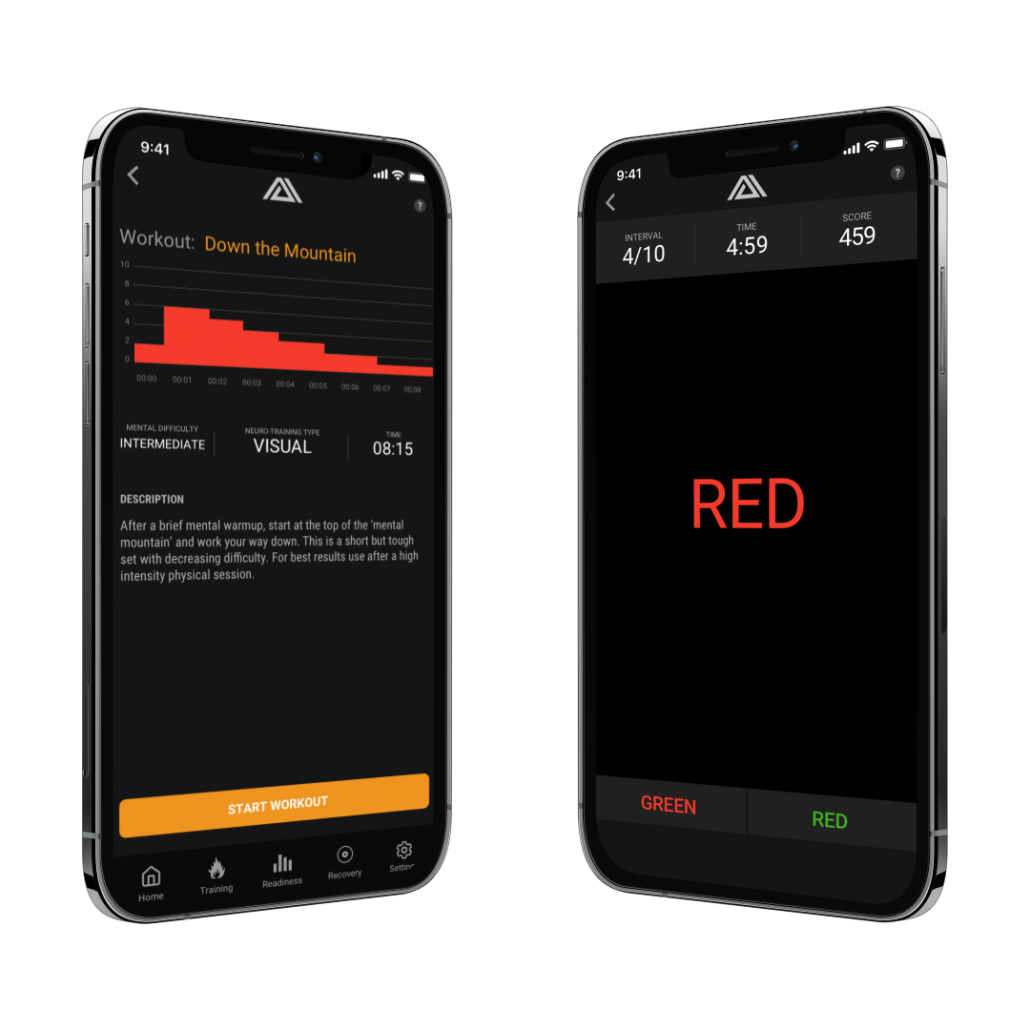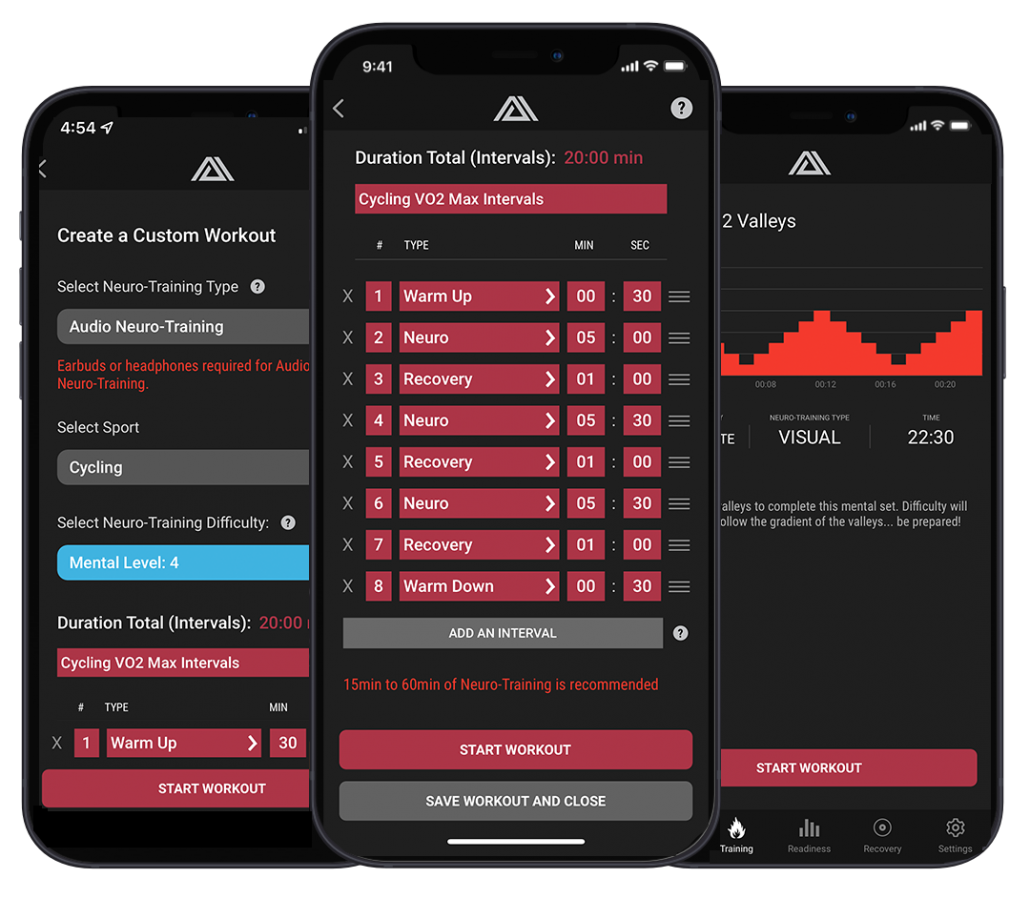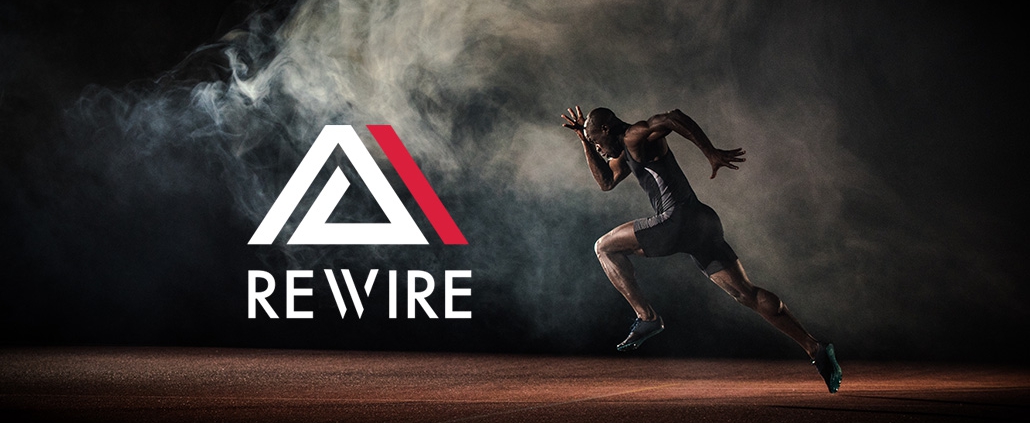Elite Sports Coaches and Mental Fatigue: What You Need to Know
We all know that athletes and other working professionals encounter mental fatigue. It’s in part why breathing exercises and guided meditation have become so popular over recent years. And in the elite athlete population, there’s never been so much emphasis on mental skills training and other psychological practices to improve mental performance.
Yet, there’s very little known about the effect of mental fatigue on elite sports coaches. Sure, they coach the best athletes in their individual sports, but this doesn’t mean they are immune to mental fatigue, burnout, and other stressors.
So, this blog post will highlight the findings of a relatively new study on mental fatigue in elite sports coaches, and then we’ll provide some tips on how coaches can reduce mental fatigue and improve their readiness to perform (and overall wellbeing).
Key takeaways:
- Elite sports coaches also experience mental fatigue
- Very few sports teams optimize mental fatigue in coaches
- More attention needs to be paid to coaches, their wellbeing, and mental fatigue
What does the science say?
A recent study in the Journal of Sports Physiology and Performance investigated mental fatigue in elite sports coaches over a 16-week preseason period. Physical fatigue, readiness to perform, and mental fatigue were analyzed, alongside other psychobiological markers of stress.
The results found significant individual variability, but also a notable inverse relationship between mental fatigue and readiness to perform. If sports organizations and teams optimized mental performance and fatigue the same way they do athletes, teams could generate a potential competitive advantage at the elite level.
How can coaches better manage their mental fatigue?
A substantial amount of research in recent years has focused on improving the mental wellbeing of athletes. For example, more sports teams than ever have psychologists, and athletes are taught mental skills such as visualization, self-talk and guided imagery. However, as the aforementioned research indicates, very little has been done in regard to mental fatigue for coaches.
Elite sports coaches are pivotal in the development and success of elite athletes and sports teams. And with the research suggesting high levels of stress, coaches are perhaps more at risk than initially thought.
So, how can coaches reduce mental fatigue?
Because there is such an overlap between elite athletes and coaches, it would make sense to apply similar mental and physical fatigue management techniques. Therefore, we recommend the following:
- Regular monitoring
- Know the signs of overtraining & burnout
- Stress management
- Finding an effective support network
We’ll break down each of these methods in more detail below.
Regular Monitoring
It’s well known that elite athletes continually monitor their physical and mental performance, including their level of stress, fatigue, and other cognitive demands. Numerous tests and questionnaires can be used to detect early signs of fatigue and stress. However, at Rewire, our athletes use a daily readiness assessment to track their physical and cognitive readiness.
The daily readiness assessment tracks several data points — including cognitive, physical, and emotional measures — to provide a holistic overview of your readiness to perform. Data points include heart rate, sleep, training metrics, reaction time tests, and questions to assess your current levels of stress and rest.
But with the overlap, it may prove beneficial for coaches to also use Rewire to better understand their daily readiness and mental fatigue.
Know the Signs of Overtraining & Burnout
While we often discuss the topic of burnout in relation to athletes, workplace burnout is also common and can affect elite sports coaches. Knowing the signs of burnout can help you avoid burnout while alleviating stress.
According to one study, “Burnout is a psychological syndrome emerging as a prolonged response to chronic interpersonal stressors on the job.”
The following symptoms — taken from the same study — are signs and side effects of burnout:
- Overwhelming exhaustion
- Feelings of cynicism and detachment from the job
- Ineffectiveness and a lack of accomplishment
If you think you could be suffering from burnout, stress management techniques could prove useful — more on this below.
Stress Management
Elite athletes are known for their ability to successfully manage stress in highly competitive situations while still achieving peak performance. Coaches can take a page out of their own playbook on how to manage stress, adopting some of the strategies they — or the team’s psychologists — recommend for their athletes, such as:
- Guided breathing exercises
- Mediation
- Positive visualization
In particular, box breathing and 5-10 breathing exercises can be especially helpful.
The Rewire app includes numerous guided mindset and recovery sessions, including mindfulness and recovery, evening wind-down routines, and guided stress and anxiety relief sessions.
Furthermore, the standard advice also applies: get plenty of exercise, eat a well-balanced diet full of nutritious foods, and take good care of your body and mind.
Finding an Effective Support Network
If you’re an elite sports coach, you likely already have access to a network of other coaches, sports psychologists, and professionals you can speak to. Finding an effective support network can help relieve stress, anxiety, and mental fatigue.
Reduce mental fatigue & improve coaching performance
Elite sports coaches are not immune to mental fatigue, stress, and burnout. However, not enough is being done to support elite coaches. If sports teams were to better optimize the health, mental fatigue, and daily readiness of their coaches, they could potentially improve overall team performance.
If you’re a sports coach, you can use the Rewire platform to perform a daily readiness assessment, guided sessions to reduce stress and anxiety, and overall, gain better clarity on mental fatigue (and how to avoid it)
Book a consultation and find out how to best use Rewire for teams


